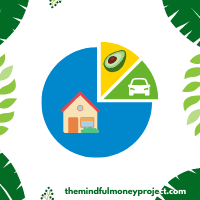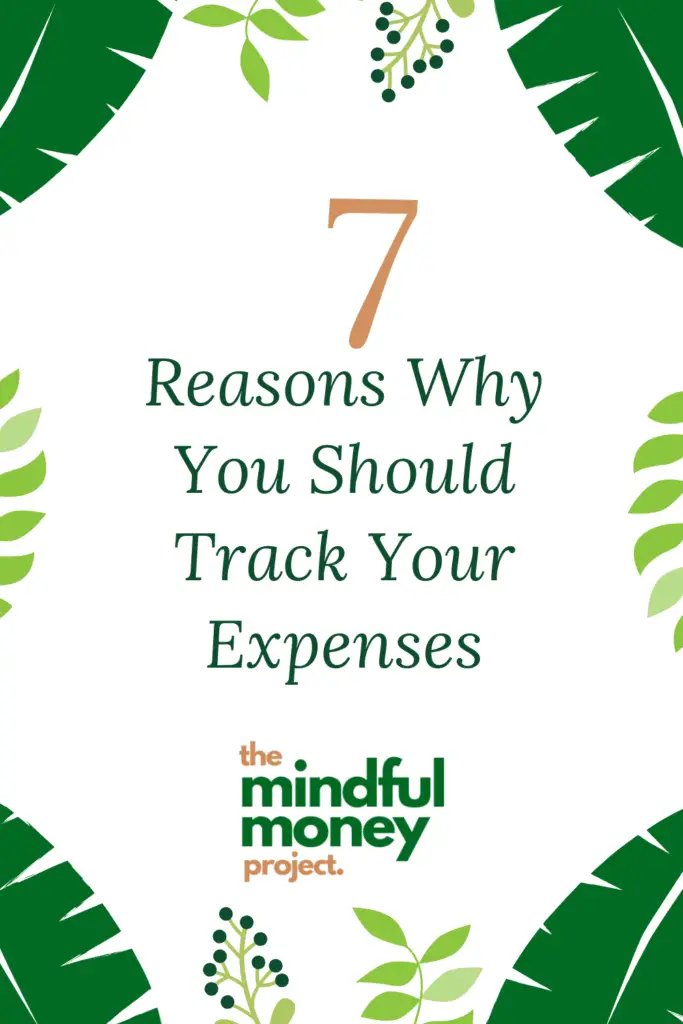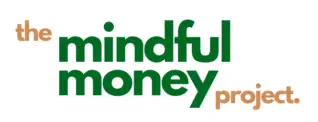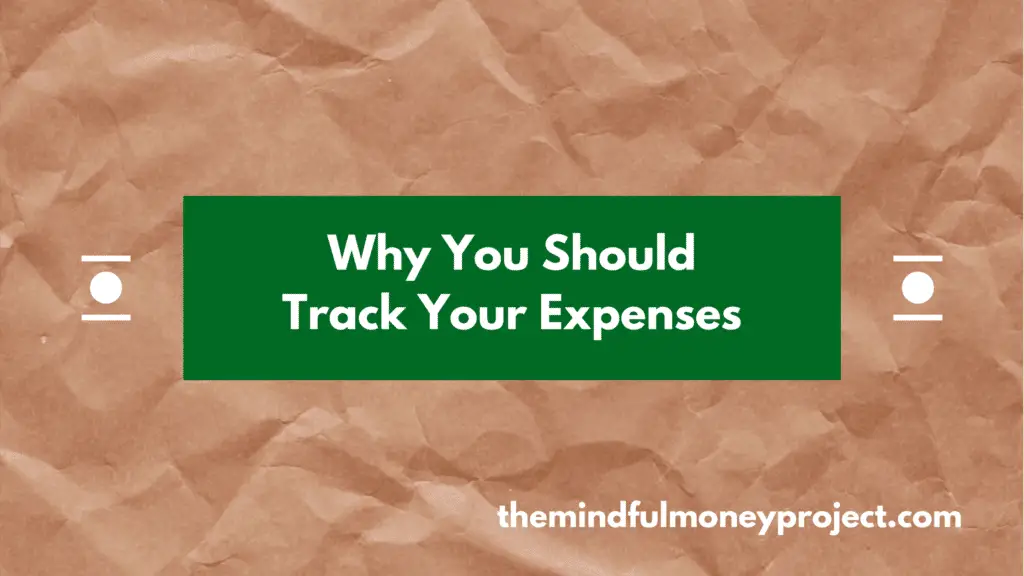Tracking your expenses isn’t all about firing up a spreadsheet and restricting your spending. Having your spending data to hand can open all kinds of (personal finance) doors for you. I’m a big ol’ data nerd. What can be measured can be managed, as the wise business elders of old used to say. You wouldn’t see a small business owner not tracking their business expenses, would you? That’s because you need to have visibility of your expenses if you have any hope of being profitable. The same applies for personal expense tracking too! But you’re not convinced it is worth it to track expenses? Well, we’ve got 7 reasons we think it is…
“Why Should I Track My Expenses?” – The 7 reasons why
Gives you awareness of your spending habits and patterns
After too many months of eating decadently and drinking heartily, I’d put on some weight. In order to try to lose some weight, I started making a few easy choices. I tried to have smaller portions, switching out snacks to healthier options. I also started to skip breakfast. However, I didn’t lose any weight.
I’d gotten frustrated with the lack of progress. And so I turned to a calorie counting app (MyFitnessPal if anyone’s interested). After tracking my eating for a few days, it was clear for the world to see… I was still eating too much.
Without tracking my intake, I was making estimates that turned out to be wrong.
The same applies to finances.
It is pretty easy to identify if you’re generally spending too much. You tend to build up debt or work through your savings.
However, the next question is the hard one. Where are you overspending?
You may have some ideas. But there may be some massive areas you’re missing. Just like I missed my cheeky snacks in my mental counting of calories, once I started tracking them it became clear to see.

If you track your spending regularly, you’ll start to see patterns. You’ll understand how your spend fluctuates month to month. You’ll start to get a clearer picture of where your money goes.
Improves your ability to budget
Building a clearer picture of where your money goes each month can help you to set a realistic budget. Budgets aren’t meant to be all about restriction. Part of the benefit of a budget is to allow you to spend money on things that you enjoy and that bring you joy.
By tracking your expenses for a few weeks or months, you can use these as a great starting point for your budget.
When putting together a budget, lots of people miss one-off expenses such as birthdays or Christmas spend. Over a year, these expenses can add up. Having tracked your spending for a while, you’ll have better data to hand as to what you tend to spend on these things in an average month. Therefore massively improving your ability to not get caught out by unexpected expenses (that was totally foreseeable)!
You can run through each line and question yourself as to whether this is an area you care about. Or if it is an area you can really drop.
For example, I enjoy hiking and so I don’t mind spending money on travelling out into the countryside to go for a walk. However, I don’t need to get a pub lunch each time (especially if I’m hiking by myself!). Having the data available through tracking your spending allows you to see the amount you could potentially save by skipping some luxuries or conveniences.
Seeing your actual spend really helps to bring this trade-off to life. This is actual money that you have spent in the past. Did it help elevate your experience? Was it something you enjoyed? Is there an easy alternative you could swap to and still enjoy it the same?
These are all questions you’ll find yourself asking when you go to set up your budget with real past spend at your fingertips.
Encourages more mindful spending
This is perhaps the most important point in this list.

This is such a subtle mindset shift that you may not notice it to begin with.
But if you track your expenses and sit to go through them on a regular basis, for example every week or every month. Then when you come to spend money, it will run through your head “will I be happy to see this on my statement when I check it in a week’s time?”.
“Will I be comfortable explaining to myself what this spend is?”.
You’ll start to make more mindful spending choices if you’re tracking your spend against your budget. This is very much the opposite approach to the “head in the sand” school of thought.
Helps to reduce the impact of fraud
Hopefully this doesn’t impact anyone.
But, checking your bank statements regularly can help reduce the impact of fraud.

If you’re able to spot a fraudulent transaction, you can take action quickly and report it to your bank. They’ll help to cancel your card and shore up your account security to stop further fraud taking place. If the transaction is on a credit card, you’ll be able to raise a dispute and process a chargeback (so you don’t get left footing the bill).
If someone had stolen your card, or duplicated your card, and you don’t check your statement often. Then they could be using your details for weeks or even months before you notice. All while racking up a bill which you have to pay for.
Can help to save you money
Similar to point #3, checking your bank statement regularly can help to save you money. Not only will it help to encourage a subtle mindset shift towards perhaps avoiding payments or being more frugal. It also offers opportunities to save cash elsewhere.
For example, if you see that your bank balance is running low, then you can transfer some cash in before you hit your overdraft in order to avoid bank charges and overdraft fees.
Similarly, if you check your statement and a recurring monthly payment has gone out for a streaming service that you never use, it acts as a reminder to get that cancelled.
Also, you’ll be able to notice if some of your household expenses have increased. For example, if your car insurance has increased month on month but you don’t know why, it could be that they’ve renewed your policy at a rate that is above what you can get elsewhere. This curiosity (mixed with tracking your spending), will help you to weed out anything like this and save you lots of money in the process!
Can challenge yourself to see measurable improvements
Once you have your spending data, you’ll be able to analyse it and find ways to save money even further.
If you’ve found some opportunities to save, you can set yourself a target. For example, reduce spending on groceries by £20 per week, or to save £100 on eating out per month.
As you are tracking your spending, you’ll easily be able to check in a few weeks time if you have hit or missed your goal.
Having the data to show you how much progress you’re making is hugely motivational.
Because these changes come about slowly over a long period of time, it can feel like nothing is happening. Or that nothing is changing. Having the data there to prove progress is a massive benefit that can’t be overlooked!
Can help you build towards your financial goal
Tracking your personal expenses, and all of the benefits listed above, will ultimately help to get you a step closer towards hitting your own financial goal.
It may be that, similarly to me with my calorie counting, once you become accustomed to your budget and you find yourself hitting your budget by default, then you may no longer need to track your expenses. It might not be something you need to do all the time. However, it is super useful to do to begin with. It makes you more aware of your spending, more aware of the things you value, and the things you don’t.
How to track your expenses
There are many ways to track your expenses. You can choose to use:
- pen and paper
- budget/ spend tracking printables (kind of like a spend diary)
- a spreadsheet
- a budgeting app or expense tracker app such as Emma, Plum or Money Dashboard
The apps are the easiest option. Think of these as a super simple and intuitive “personal accounting software”. These connect to your bank accounts via Open Banking and automatically categorise your transactions. This saves you time compared to manually tagging up your transactions.
Not only this, but they also have some fancy analytics screens, charts and views. These will help you understand things like how much you’ve spent at one place over a time period (I was horrified to see how much I’d spent at Greggs!!).
A simple spreadsheet, however, is all that is required. You don’t need the app. Just download your bank statements and tag up each transaction with a category (such as “food” or “eating out”).
Conclusion
Even though tracking your expenses can be seen as a bit of an admin burden, the benefits are massive. Not only will it allow you to understand yourself and your spending habits better. It will also provide a strong bedrock to set some ambitious targets and to budget more effectively, all allowing you to save your hard-earned cash!
There are many ways to track your expenses, but it doesn’t need to be an effort! Using an app like Emma, Plum or Money Dashboard can automate the time it takes to tag up your spending. This is because these apps connect to your bank accounts and automatically tag up your transactions. They also offer fancy analytic tools and screens to help you understand your spending better.
However, if you like the ultimate customisability of spreadsheets, then this is a very good (and cheap) way of keeping track of your expenses.
Whatever you do, give tracking your expenses a go for a few weeks and see if you feel the benefit. I’d be surprised if it didn’t reveal some surprises of your own along the way!



